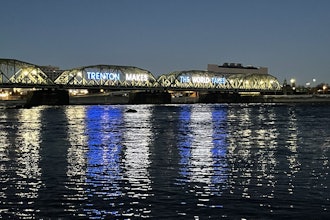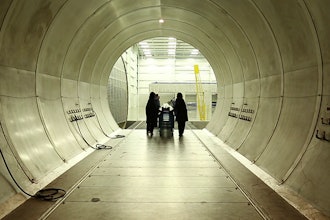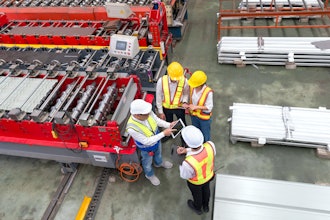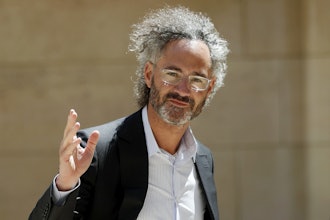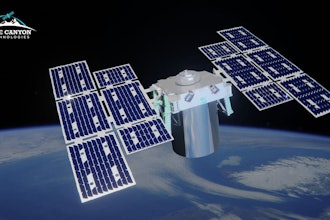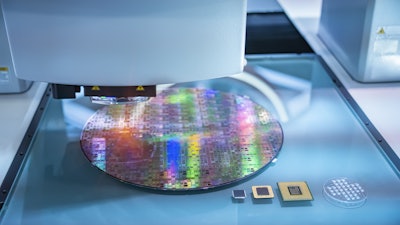
RICHMOND, Va. – A Virginia Commonwealth University researcher has developed an alternative method of producing semiconductor materials that is environmentally friendly.
Semiconductors are crucial to modern electronics and displays, but they are constructed from toxic solvents. They also are created at high temperatures and pressures, resulting in both environmental damage and high production costs.
The new technique has been introduced by Leah Spangler, Ph.D., assistant professor in the VCU College of Engineering’s Department of Chemical and Life Science Engineering, and Michael Hecht, a professor of chemistry at Princeton University. It demonstrates an alternative method to produce semiconductor materials called quantum dots using proteins at room temperature in water, resulting in a more environmentally friendly synthesis method.
Spangler said, “This research uses de novo proteins, which are not taken from natural organisms but instead made by design for specific purposes. Therefore, this work shows that protein design can be leveraged to control material properties, creating an exciting new direction to explore for future research.”
This work builds on natural examples of proteins creating materials, known as biomineralization. But this is the first example that uses de novo proteins made by design to control the synthesis of quantum dots.














